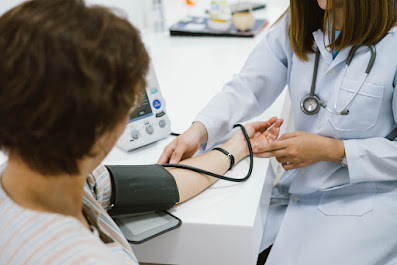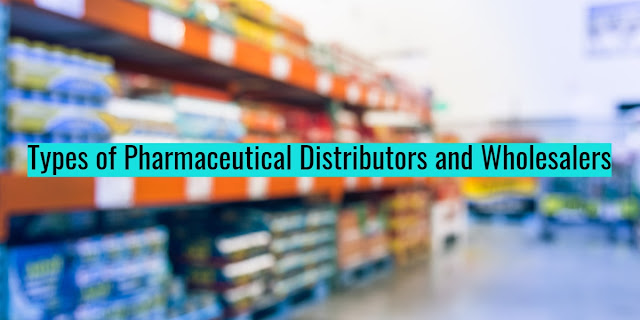What’s Causing Your High Blood Pressure?
What causes
high blood pressure?
Blood pressure is the
force of blood pushing against the walls of blood vessels. Blood is pumped from
the heart into blood vessels, which carry it throughout the body. High blood
pressure, also known as hypertension, is dangerous because it causes the heart
to work harder to pump blood out to the body, which can lead to artery
hardening, or atherosclerosis, which can lead to stroke, kidney disease, and
heart failure.
What Is the Definition of
"Normal" Blood Pressure?
The following is an example of a
blood pressure reading: 120/80. "120 over 80" is how it's written.
The systolic number is at the top, and the diastolic number is at the bottom.
The following are the ranges:
Normal: Less than 120 over 80
(120/80)
Elevated: 120-129/less than 80
Stage 1 high blood pressure:
130-139/80-89
Stage 2 high blood pressure: 140
and above/90 and above
Hypertension crisis: higher than
180/higher than 120.
If your blood pressure is higher
than it should be, consult your doctor about ways to lower it.
Although the exact causes of high blood pressure are unknown, several factors may contribute, including:
Smoking, Being overweight or
obese, lack of physical activity, Too much salt in the diet, Too much alcohol
consumption (more than 1 to 2 drinks per day), Stress, Older age, Genetics,
Family history of high blood pressure, chronic kidney disease, Adrenal, and
thyroid disorders, Sleep apnea.
Essential hypertension
In the United Kingdom, the
underlying cause of high blood pressure can be found in up to 95% of cases.
"Essential hypertension" is the term for this type of high blood
pressure.
Though the cause of essential
hypertension is unknown, it has been linked to a number of risk factors. High
blood pressure is more common in men than in women, and it runs in families.
Age and race are also factors. High blood pressure is twice as common in blacks
as it is in whites in the United Kingdom, though the gap begins to close around
the age of 44. Black women have the highest rate of high blood pressure after
the age of 65.
Diet and lifestyle have a big
impact on essential hypertension. The link between salt and hypertension is
particularly compelling. The people of Japan's northern islands consume more
salt per capita than anyone else on the planet, and they have the highest rate
of essential hypertension.
The majority of people with high
blood pressure are "salt sensitive," which means that anything more
than their body's minimal salt requirement is too much for them and raises
their blood pressure. Obesity, diabetes, stress, insufficient potassium,
calcium, and magnesium intake, lack of physical activity, and chronic alcohol
consumption are all factors that can increase the risk of essential
hypertension.
Treatment
Amlodipine is a
blood pressure medication that can be taken with or without other medications.
Strokes, heart attacks, and kidney problems can all be prevented by lowering
blood pressure. Calcium channel blockers, such as amlodipine, are a type of
medication. It works by allowing blood to flow more freely by relaxing blood
vessels. Certain types of chest pain are also treated with amlodipine (angina).
It may improve your ability to exercise while also reducing the frequency of
angina attacks. It should not be used to treat chest pain that occurs
unexpectedly.
for more updates: ANP Pharma




Comments
Post a Comment